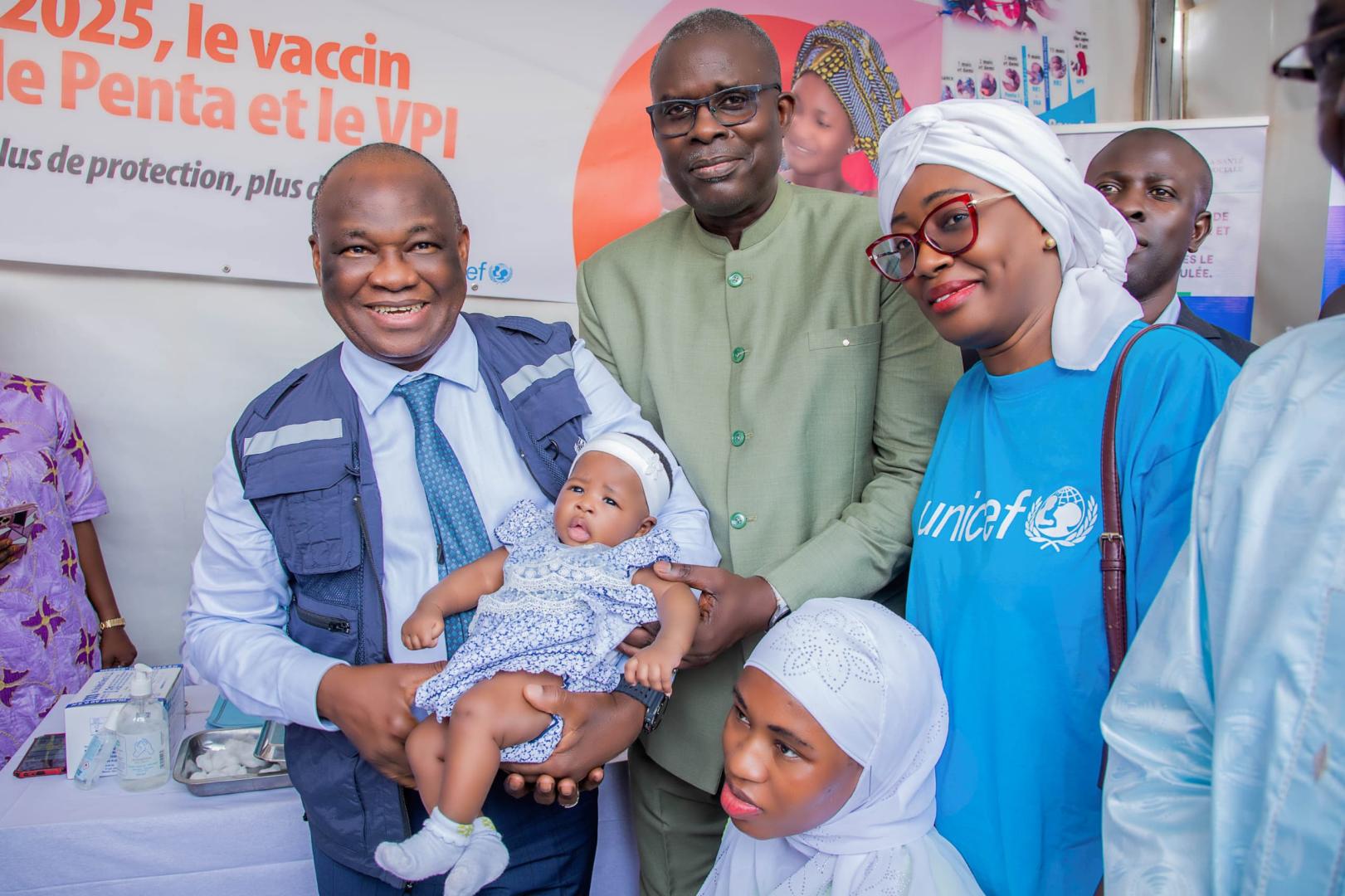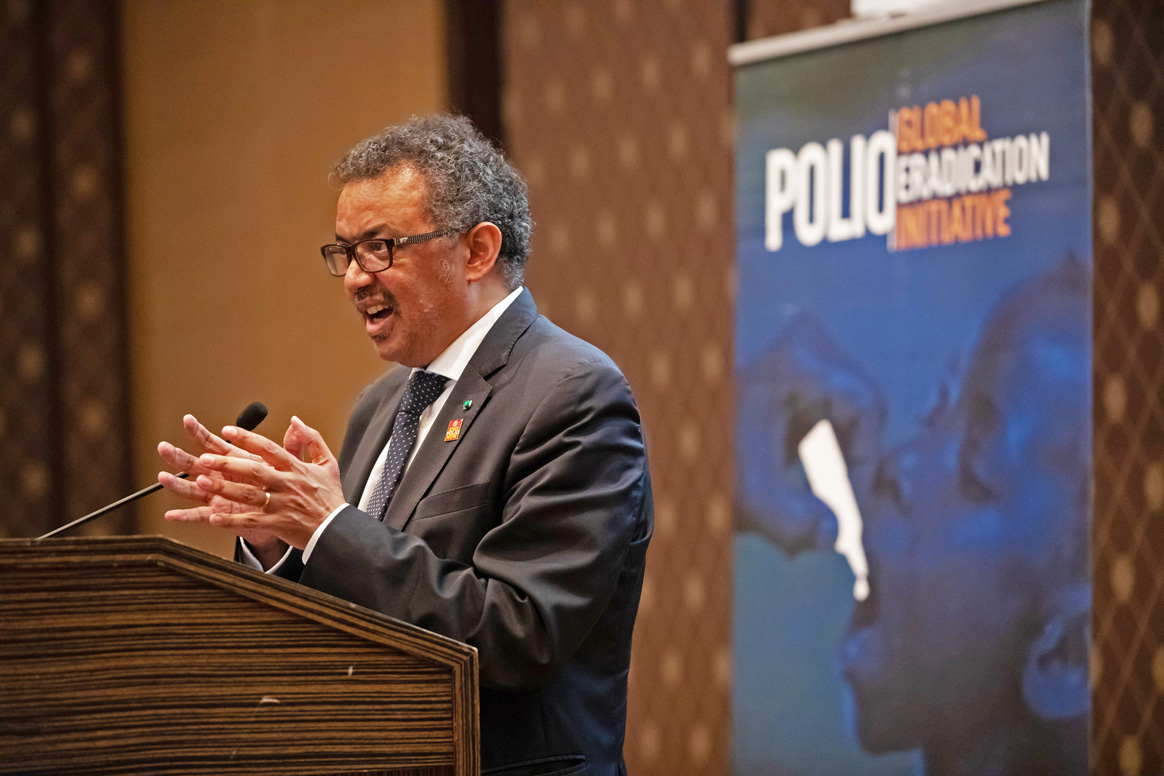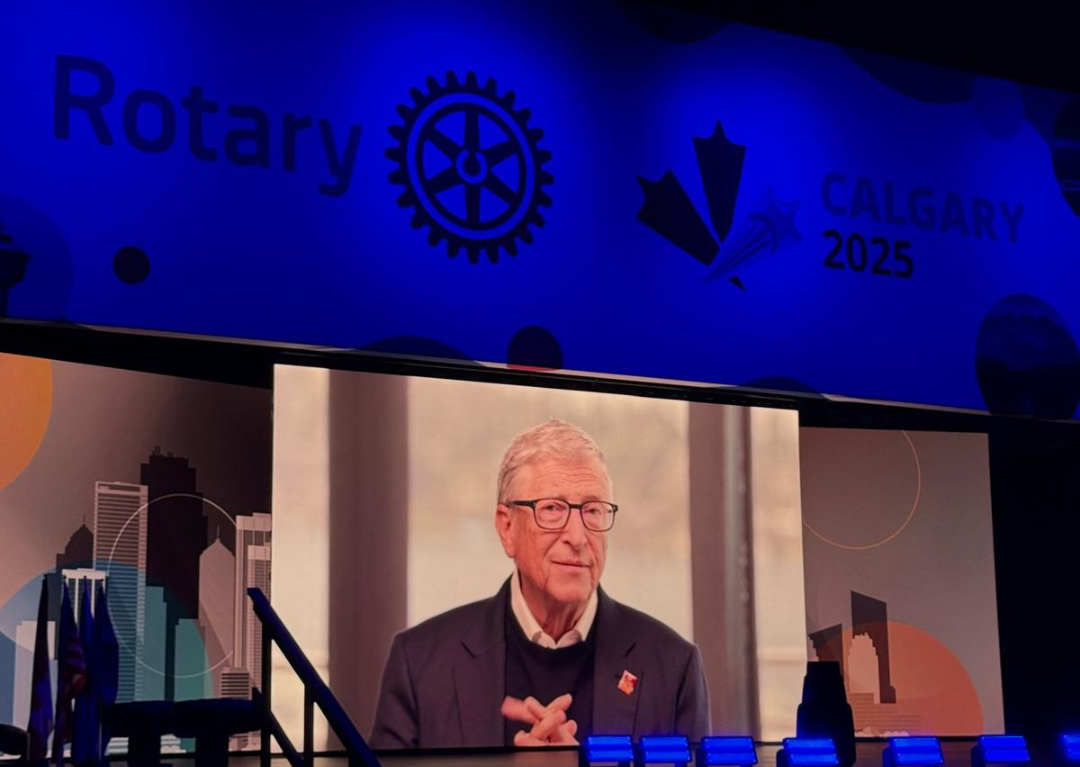“I was 10 years old when Botswana gained independence in 1966,” says Bakanuki as she tucks into a plate of Seswaa, the national dish. It’s lunch in Gaborone, where surveillance experts have gathered to coordinate a response to the polio outbreak.
“At 20, I became ‘nurse in charge’ at a small village 500 km from here. A road was being built to link Francistown to Bulawayo in Zimbabwe, and I remember plenty of accidents in its construction. People came in at night with deep wounds I couldn’t stitch up. They had TB, high blood pressure and asthma. They needed doctors but there were none. I was frustrated because I wanted to help. I realised then that health should be a right for all.”
The shortage of doctors led the government to offer nurses advanced medical training. Soon enough Bakanuki was able to prescribe medication, administer IV fluids and perform X-rays. Her next step became clear. “I went into surveillance to understand how to wipe out diseases.”
Bakanuki became the matron in Maun, where poliovirus was found in 2004. “It was a low performing area but I turned it around.” Bakanuki made it her priority to buy WHO certified cold chain equipment so that when an outbreak was finally declared in the area, the right equipment from refrigerators to transport was available. “I followed the rules by the book and I trained all my nurses and doctors in AFP surveillance.”
One day, while Bakanuki was away studying in Australia, she got a call. “The boys said: we found a seven year old. We got it. We got the virus”. The team did an ‘active search’ at the local paediatric ward, where they discovered the record of a child with paralysis. “The boy had been discharged, so they checked every field until they located him.”
The virus confirmed, Bakanuki’s team followed protocol and reported it within 72 hours. “They were so proud. The government vaccinated 200,000 children in that campaign.”
No polio cases were found in Botswana after this, and Bakanuki retired. “After four years without a case, Africa was declared polio free in 2020! We were so proud. It was Covid-19 at the time so I couldn’t see anyone but I celebrated in my room!.”
But in 2021, polio returned. Several outbreaks hit neighbouring Mozambique and Malawi, and WHO led the entire subregion to establish environmental surveillance sites. Bakanuki came back to open Botswana’s first testing site in August 2022. “We trained teams to collect samples and three months in, the results came back positive.”
Bakanuki is now hard at work on the response to this new outbreak, supervising teams of polio vaccinators in the district of Tutume.
She is planning for immunisation in Dukwi, the country’s only refugee settlement, where some 3,500 people found shelter from discrimination and armed conflict in the region. “We don’t play with public health in Botswana. There is no religion or politics in an outbreak. It’s about the people. It’s about health first.”



